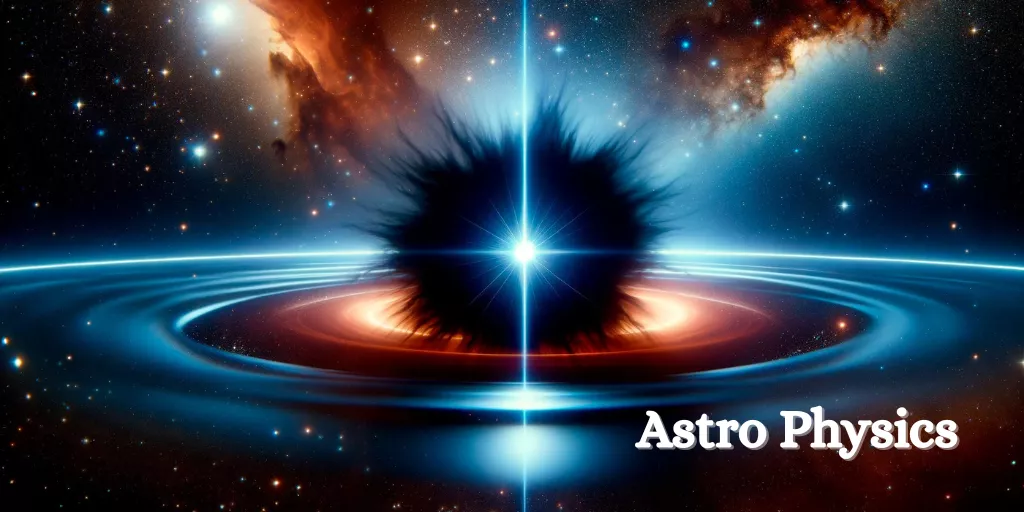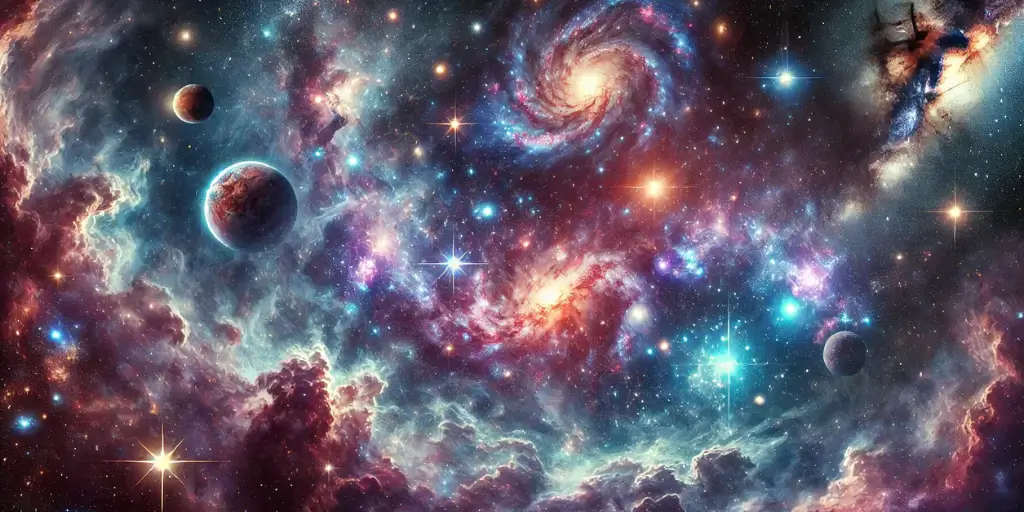Have you ever looked up into the night sky and wondered how stars shine or black holes form? The solutions to these questions can be found in Astro Physics, a branch of science that studies the universe beyond Earth and helps us comprehend how celestial bodies interact.
What is astrophysics?
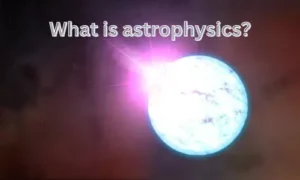
Astronomy (or Astrophysics) is a branch of astronomy that studies the physical properties of celestial objects such as stars, planets, galaxies, and black holes. It teaches us how the universe works, from the formation of stars to the mysteries of dark matter and dark energy.
Simply put, astronomy informs us what is out there, whereas astrophysics explains how and why those things act the way they do.
Key Concepts in Astro Physics
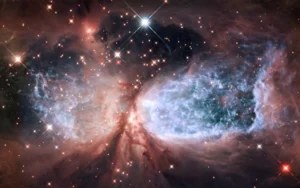
Here are some of the most important ideas you’ll come across in Astro Physics:
1. Gravity
Gravity is the invisible force that keeps everything together. It keeps planets orbiting the Sun and galaxies in their proper form. Albert Einstein’s Theory of General Relativity explained that gravity is the bending of space and time induced by mass.
2. Stars & Energy
Stars are gigantic balls of heated gases that generate energy via nuclear fusion, a process in which hydrogen atoms fuse to make helium, resulting in massive amounts of light and heat.
3. Black Holes
When huge stars collapse under their own gravity, they generate black holes, which are regions where gravity is so powerful that even light cannot escape. They help scientists grasp the boundaries of space and time.
4. Galaxies
A galaxy is a vast collection of stars, gas, and dust bound together by gravity. The Milky Way, our home galaxy, contains more than 100 billion stars. Astrophysics helps us understand how galaxies develop and evolve.
5. The Big Bang Theory
Astrophysics also investigates the genesis of the universe. According to the Big Bang Theory, everything began as a single point some 13.8 billion years ago and has subsequently expanded.
What Makes Astrophysics Vital?
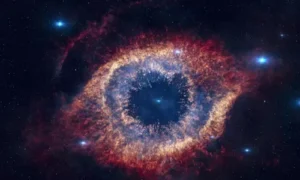
Astrophysics helps us understand our own existence in addition to providing information about far-off stars. Scientists can learn about the past, present, and future of the cosmos by examining light from other galaxies.
It also results in technological advancements—astrophysics research is the foundation of many everyday products like GPS, satellite communication, and even medical imaging!
How Students Can Get Started
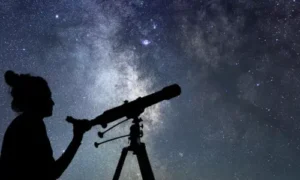
Here’s how to get started if you’re interested in astrophysics:
- Watch documentaries such as Through the Wormhole or Cosmos.
- Read works by scientists like Carl Sagan and Stephen Hawking.
- To learn more about the night sky, visit a nearby planetarium or utilise stargazing applications.
- Learn math and physics since they form the basis of all astrophysical studies.
Conclusion
Astrophysics exposes our eyes to the immensity and splendour of the universe. It’s more than just stars and planets; it’s about understanding where we came from and how everything in the cosmos is interconnected.
Whether you aspire to be an astronaut, a scientist, or simply like stargazing, Astro Physics can inspire you to think beyond the confines of Earth and into the wonders of space.


